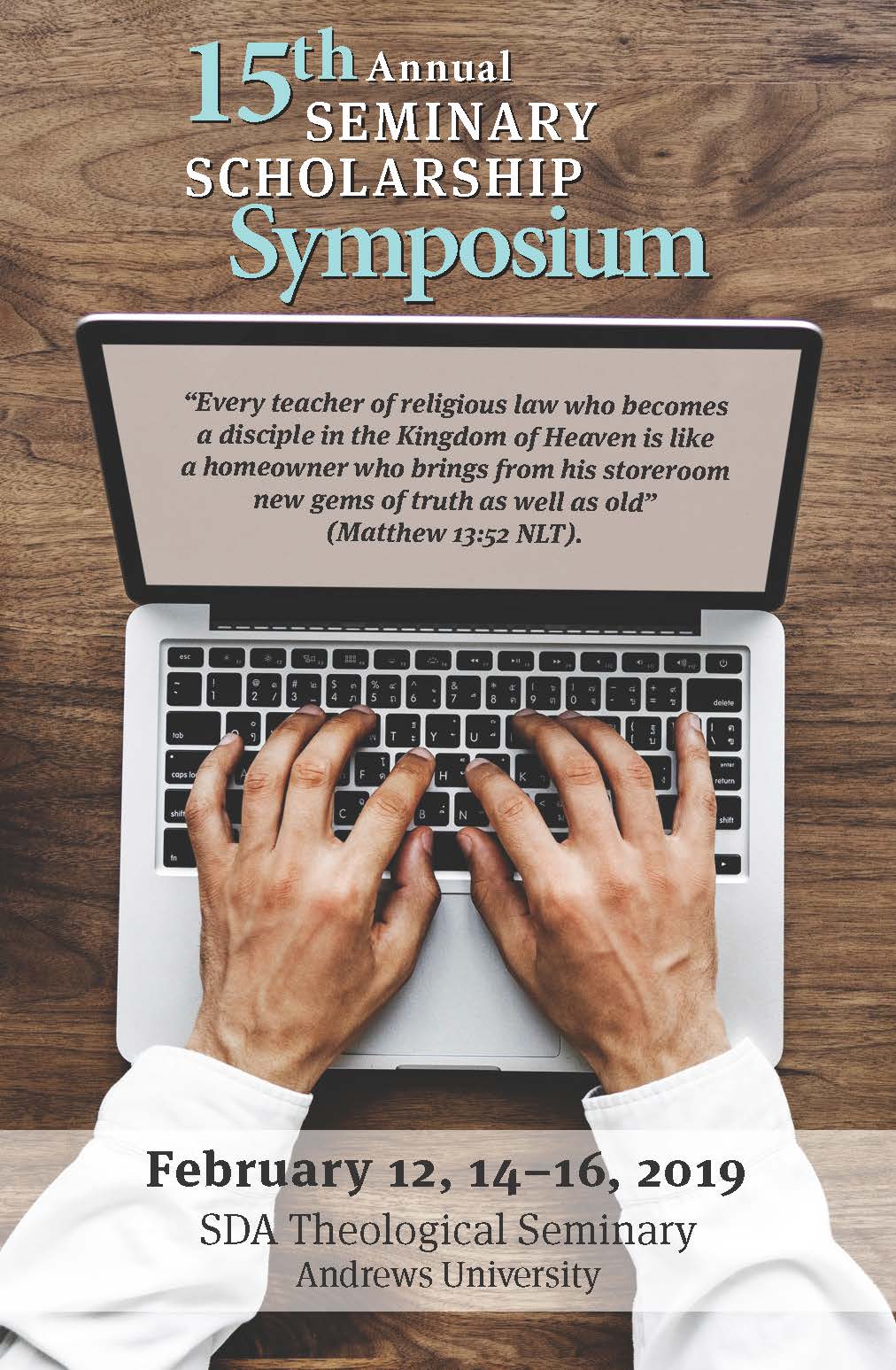Evangelism in Consumer Culture: Witnessing That Avoids the Logic of the Market
Location
Seminary Room S120
Start Date
15-2-2019 8:55 AM
End Date
15-2-2019 9:15 AM
Description
Consumerism is interwoven in the identity of American society and culture today, and its effects are most evident in urban settings. As a topic of research, consumerism has garnered much interest in the past two decades from several disciplines, which include history and the social sciences. Nonetheless, within the sphere of theological discussions, it has often been neglected or poorly investigated, as it is seemingly regarded as unimportant. Yet, consumerism has become a way of life for those living in metropolitan areas, a driving force that shapes the American people at their worldview level, and has many religious undertones that need be addressed. Therefore, this research looks to describe and critique, without exhausting, the concept of consumerism from a missiological standpoint. First, I will look at how consumerism is changing the way that urban dwellers interact with religion, then how religious traditions are responding and are being shaped by consumer culture. Finally, I will build a theological framework towards a better understanding of evangelism that can lead to a healthier mission praxis within urban areas.
Evangelism in Consumer Culture: Witnessing That Avoids the Logic of the Market
Seminary Room S120
Consumerism is interwoven in the identity of American society and culture today, and its effects are most evident in urban settings. As a topic of research, consumerism has garnered much interest in the past two decades from several disciplines, which include history and the social sciences. Nonetheless, within the sphere of theological discussions, it has often been neglected or poorly investigated, as it is seemingly regarded as unimportant. Yet, consumerism has become a way of life for those living in metropolitan areas, a driving force that shapes the American people at their worldview level, and has many religious undertones that need be addressed. Therefore, this research looks to describe and critique, without exhausting, the concept of consumerism from a missiological standpoint. First, I will look at how consumerism is changing the way that urban dwellers interact with religion, then how religious traditions are responding and are being shaped by consumer culture. Finally, I will build a theological framework towards a better understanding of evangelism that can lead to a healthier mission praxis within urban areas.



